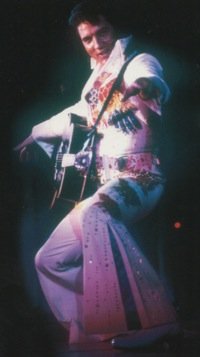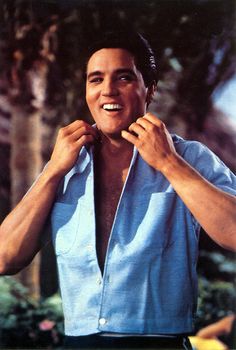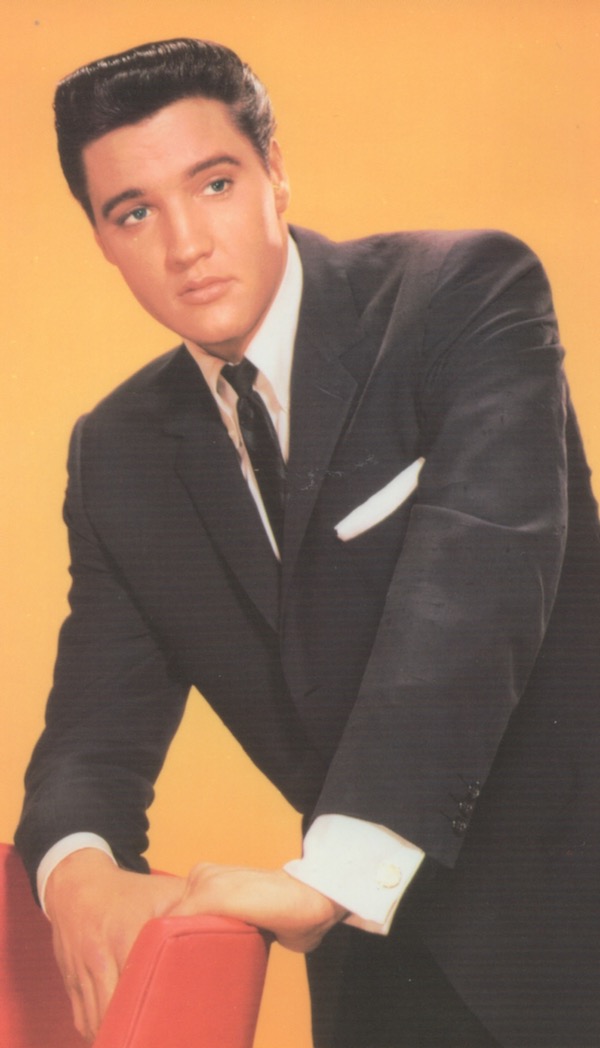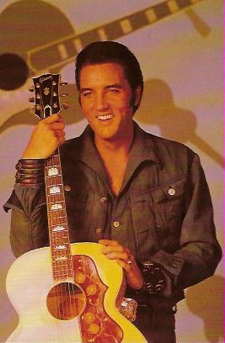Separating Elvis the Entertainer
From Elvis the Human Being
If you have read any of my Elvis book reviews (accessed from “Elvis Books” on the button bar), you know that I have chosen so far to review books that came out years ago as opposed to recent books about Elvis. The reason is that I’ve wanted to concentrate on what I consider to be the most important and influential books about Elvis among the hundreds that have been printed through the years. It’s sort of a way of recommending titles that should be included in a basic Elvis Presley library.
In keeping with that, I’ve posted my review of the 1977 volume Elvis: What Happened by Red West, Sonny West, and Dave Hebler “as told to” Steve Dunleavy.
If you’ve read into this third paragraph, you probably have a thicker skin than most Elvis fans. Elvis: What Happened? is a decidedly anti-Elvis book written by three former Presley bodyguards after they were fired in 1976. It was a very painful read for Elvis fans when it was published back in 1977 almost simultaneously with Presley’s death.
Bodyguards’ book revealed the dark side
As shocking as it was to Elvis fans back then, the influence the book has had on Elvis’ image since his death can’t be denied. It revealed, for the first time, the seamy side of Presley’s personal life, and, in doing so, exposed the dark side of the rags-to-riches story that Americans have always revered.
I was one of those who read Elvis: What Happened? during those shocking days following Presley’s death. As it was to thousands of other Presley fans, the book’s alleged revelations about Elvis astonished me. I had been an Elvis fan for 15 years and everything I had ever read about Elvis’ private life had portrayed him as a pillar of morality and generosity.
Jerry Hopkins’ initial Elvis biography, published in 1971, gave not the slightest indication of the bizarre behavior described in the bodyguards’ book. Like many Elvis fans at the time, I didn’t want to believe what I was reading, but it was impossible to dismiss it all. Obviously, something had “happened” to Elvis that led to his death. The only question was, “How much of what these guys wrote was true, and how much was born in their bitterness toward Elvis?”
Would book have caused Elvis to change?
Revenge, born out of a feeling of being betrayed, was certainly the main motivation behind this book. The West boys, in particular, had spent many years helping to shield Elvis’ private life from public view. Angered at having been cast out of Presley’s inner circle, their way of striking back was to expose what they had given so much of their time and energy to protect. The bitterness of the authors is obvious throughout the volume. They made no effort to hide or deny it.
In the book’s Epilogue, however, narrator Dunleavy tried to assign a humanitarian motivation to the bodyguards: “All three, despite their obvious bitterness about the firing and the realization that Presley felt nothing for them, pray and hope that Presley will read the book and come to a realization that his life is leading him on a path to disaster.” We’ll never know if the book actually would have done Elvis some good in the long run.
But what is the legacy of this book for those of us left behind—the fans? I know there are many Elvis fans who refuse to dwell on, or even hear about, Presley’s bizarre personal life during those final few years of decline. They remember him as an entertainer—the best who ever lived—and they hang on to that. They’ll share and listen to stories of his personal life, but only those that reflect the generous and loving side of his nature. And even in their book, the dismissed bodyguards admitted he still retained some of that right up until the end.
Fans prevented Elvis from living normal life
As for me, in the intervening years I have been able to separate Elvis the entertainer from Elvis the private human being. And believe me, after first reading about the dark side of Elvis’ nature, it took me some time to make that separation. When I first read Elvis: What Happened? I asked myself: “How can this be the man I’ve revered all these years?”
I came to realize, though, that because we as Elvis fans admired and loved him so much, we must bear some of the responsibility for his physical and moral decline toward the end of his life. I’m not excusing Elvis. He, like all of us, must be held responsible for his actions in life. But the fact remains that we as fans did not allow Elvis to live the life of a normal human being. We drove him to live a bubble existence by hounding him with affection. What would he have given to have what we take for granted every day—the ability to walk down a public street and have people pay no attention to you.
So my memories of Elvis are still fond ones. I still love and listen to Elvis’ music almost on a daily basis. I still watch and enjoy his movies. I still recall with fondness my personal (though distant) relationship with him as an entertainer. But a book like Elvis: What Happened? also reminds me of my participation in the dark side of the American Dream. I never got close to Elvis, but if I had, I know I would have run toward him like so many others, thus driving him a step deeper into his secluded world. Who are any of us to say that we would have not been changed for the worse had we been forced to live such an existence? — Alan Hanson (© April 2008)
Go to Blog Archives 2008
Go to Home Page
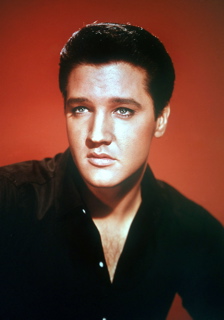
"I never got close to Elvis, but if I had, I know I would have run toward him like so many others, thus driving him a step deeper into his secluded world."
